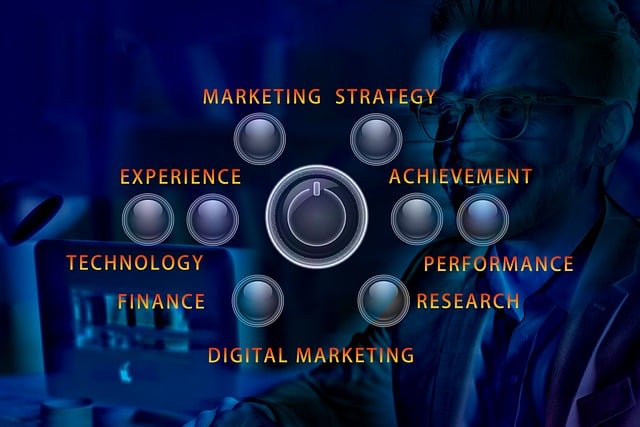The RV service industry faces unique challenges due to diverse models requiring specialized knowledge and equipment. AI innovation strategies offer a transformative solution, streamlining repairs, enhancing efficiency, and improving customer satisfaction through accurate diagnostics, efficient inventory management, and personalized service plans. AI algorithms predict common problems based on historical data, enabling proactive maintenance. Integrating AI technologies optimizes workflow, reduces costs, enhances productivity, and improves customer experience, positioning businesses as leaders in AI-driven RV repair services.
“The RV service industry is undergoing a transformation with the integration of AI, aiming to streamline operations and enhance customer experiences. This article explores the unique challenges faced by these businesses and presents innovative AI solutions for optimal workflow management. From predictive maintenance to automated diagnostics, AI technologies are revolutionizing RV repairs. We delve into strategies that empower RV service providers to stay ahead, ensuring efficient processes, reduced downtime, and improved overall repair quality.”
- Understanding the RV Service Industry and Its Challenges
- Integrating AI Technologies for Efficient Workflow Management
- Maximizing AI Potential: Strategies for Continuous Improvement in RV Repair
Understanding the RV Service Industry and Its Challenges

The RV service industry is a specialized sector within the automotive space, catering to the unique needs of recreational vehicle owners. These businesses play a vital role in ensuring that motorhomes, travel trailers, and other recreational vehicles are safe and reliable for their journeys. However, they face distinct challenges due to the diverse nature of RVs, which often require specialized knowledge and equipment for repairs. The traditional service workflow can be complex, involving various components like engine systems, plumbing, electrical systems, and slide-outs—each demanding specific skills and parts.
AI innovation strategies offer a transformative approach to tackling these challenges. By implementing AI solutions, RV service businesses can streamline their repair processes, enhance efficiency, and improve customer satisfaction. These technologies enable accurate diagnostics, efficient inventory management, and personalized service plans. For instance, AI-powered diagnostic tools can quickly identify issues, reducing the time spent on manual inspections. Additionally, AI algorithms can analyze historical data to predict common problems, allowing businesses to stay proactive in their maintenance strategies.
Integrating AI Technologies for Efficient Workflow Management

Integrating AI technologies offers a transformative opportunity for RV service businesses to optimize their workflow and achieve remarkable efficiency gains. By leveraging AI innovation strategies, these businesses can streamline routine tasks, such as scheduling appointments, managing inventory, and diagnosing issues, thereby reducing operational costs and enhancing overall productivity.
AI-powered systems can analyze vast amounts of data from previous repairs, customer feedback, and industry trends to provide valuable insights. This enables RV service providers to anticipate maintenance needs, predict part failures, and proactively offer tailored solutions to customers. As a result, businesses can improve customer satisfaction, reduce unexpected downtime for RV owners, and position themselves as industry leaders in AI-driven RV repair services.
Maximizing AI Potential: Strategies for Continuous Improvement in RV Repair

Maximizing AI Potential involves implementing innovative strategies tailored to the unique needs of RV service businesses. By integrating AI into their workflows, RV repair shops can achieve unparalleled efficiency and accuracy. For instance, AI-driven diagnostics can swiftly identify issues within complex RV systems, reducing time spent on manual inspections. Moreover, predictive maintenance models powered by AI anticipate potential failures, enabling proactive servicing and minimizing unexpected breakdowns.
These strategies not only streamline operations but also enhance customer satisfaction. Accurate, swift repairs mean shorter wait times for RV owners, ensuring their travel plans remain undisturbed. As AI continues to evolve, businesses can leverage machine learning algorithms to analyze historical data, identify trends, and continuously improve repair processes. This iterative approach fosters a culture of continuous improvement, positioning RV service providers at the forefront of industry innovation.
AI innovation offers a transformative path forward for the RV service industry, addressing its unique challenges and driving operational excellence. By seamlessly integrating AI technologies, businesses can streamline workflow management, enhance efficiency, and deliver superior customer experiences. As these strategies gain traction, continuous improvement through AI becomes not just a possibility but an expectation in RV repair, setting new standards for industry success.
